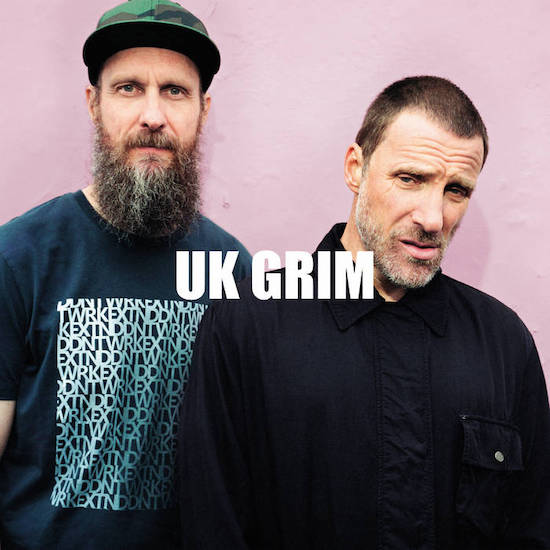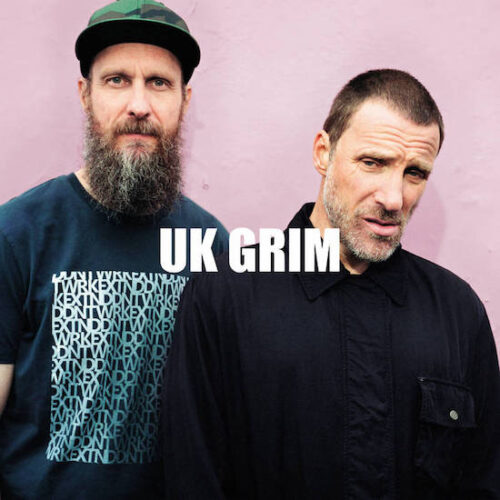Last year my partner and I started the daunting process of opening our own bookshop with no money but an insurmountable amount of hope, exasperated by post-Covid existentialism and an overwhelming urge to remove ourselves from the shackles of the current political climate. Though it was never explicitly mentioned, we could tell that everyone around us thought it was a bad idea: how will you earn a living from that? was the default response to our news.
They had a point. In a world of screens, opening a bookshop during a cost of living crisis is possibly one of the most radical things you can do. Of course, they were right. We closed the shutters on our shop for the final time last week in a bittersweet denouement that saw our hope slowly dissipate into an enveloping fatigue. This is the sad reality of a society that only values art as a commodity: without any financial backing – be it from investment, arts funding, or daddy’s trust fund – the system is designed to make it impossible to thrive, ultimately leading to a collective moral lethargy.
Our vision for the shop was never capital but social prescribing: with close ties to our local music scene in Manchester, we saw first-hand the catastrophic socioeconomic consequences of the corporate takeover of the arts. Austerity-driven financial policies have led to an increase in unemployment and poverty, social exclusion and an increased prevalence of mental illness. We, perhaps naively, thought that hope and defiance was enough to elicit change, but the spectre of reality came crashing down on us when suddenly everything became about money, or lack thereof, until we eventually had nothing left of ourselves to give – neoliberalism won.
The lesson learnt here isn’t that hope is futile, but how nothing truly radical ever happens without it. Currently, the working class have nothing left in the tank but hope, and voices that haven’t been this loud since Thatcher’s destruction of trade unionism and working class communities. You only have to look at the Enough is Enough campaign for genuine change to feel palpable, with realistic options being offered to us after years of being told to expect nothing but capitalist realism.
In times of crisis we look to the arts for answers. It isn’t always the role of political music to come up with solutions, but nothing could be more urgent than the questions that Sleaford Mods pose: who will make contact with the anger and frustration that Jason Williamson articulates? Who can convert this bad affect into a new political project? Like the rest of us, Williamson is clearly at his wits end, but don’t expect an ounce of subtlety: like all of Sleaford Mods’ work, UK Grim is the sonic equivalent of the most satisfying fuck off to anyone who’s done you wrong. Their contempt is presented as a series of intrusive thoughts, chewed and spat out, like a more erudite version of the well-intentioned local weirdo mouthing off at the pub.
From scraps in supermarket car parks to normalising lockdown-induced insanity, Williamson satirises human emotion in a way that denotes the quintessential Britishness of using humour as a coping mechanism: every astute observation on the failings of UK politics is almost always punctuated by the kind of instinctual wit that comes naturally to the British working class: where else would you hear the term “B&M Goths”? Like all of their albums, UK Grim is a timely snapshot of modern British life under a never-ending Tory government, with lyrical themes remaining topical. The endemic rise of talky white bloke post-punk on the artfully minimal ‘D.I.Why’ is hilariously scathing and knowingly hypocritical: “not another white bloke agro band!” bemoans Williamson. These are working-class vignettes of contemporary British life. The sporadic references to social media portrays the inescapable hold it has on us, while the hard-hitting ‘Force 10 From Navarone’ features a similarly pissed off Florence Shaw.
Musically, UK Grim is stark and austere and without embellishment, but combines the melodic reach of their last album with the pulsing minimalism of the Austerity Dogs era. It angrily counters the corporate pop that forces us to be joyful, but it’s not without its own brand of optimism. Sleaford Mods paint a bleak picture of post-Covid Britain via poetic protest, but their outrage is underscored by love for the people and places around them, making it as much a celebration of individuals and idealists as it is an attack on ruling classes. UK Grim is darker and broader than past releases, but the Mod’s usual melodic prowess is sadly lacking for the most part, allowing for more focus on the ingenuity of Williamson’s vocal tirades. In the context of now, Sleaford Mods might sound like just another angry voice – but it’s an improbably hopeful one, that tells us it’s OK to feel fucked off. Why wouldn’t you be?



